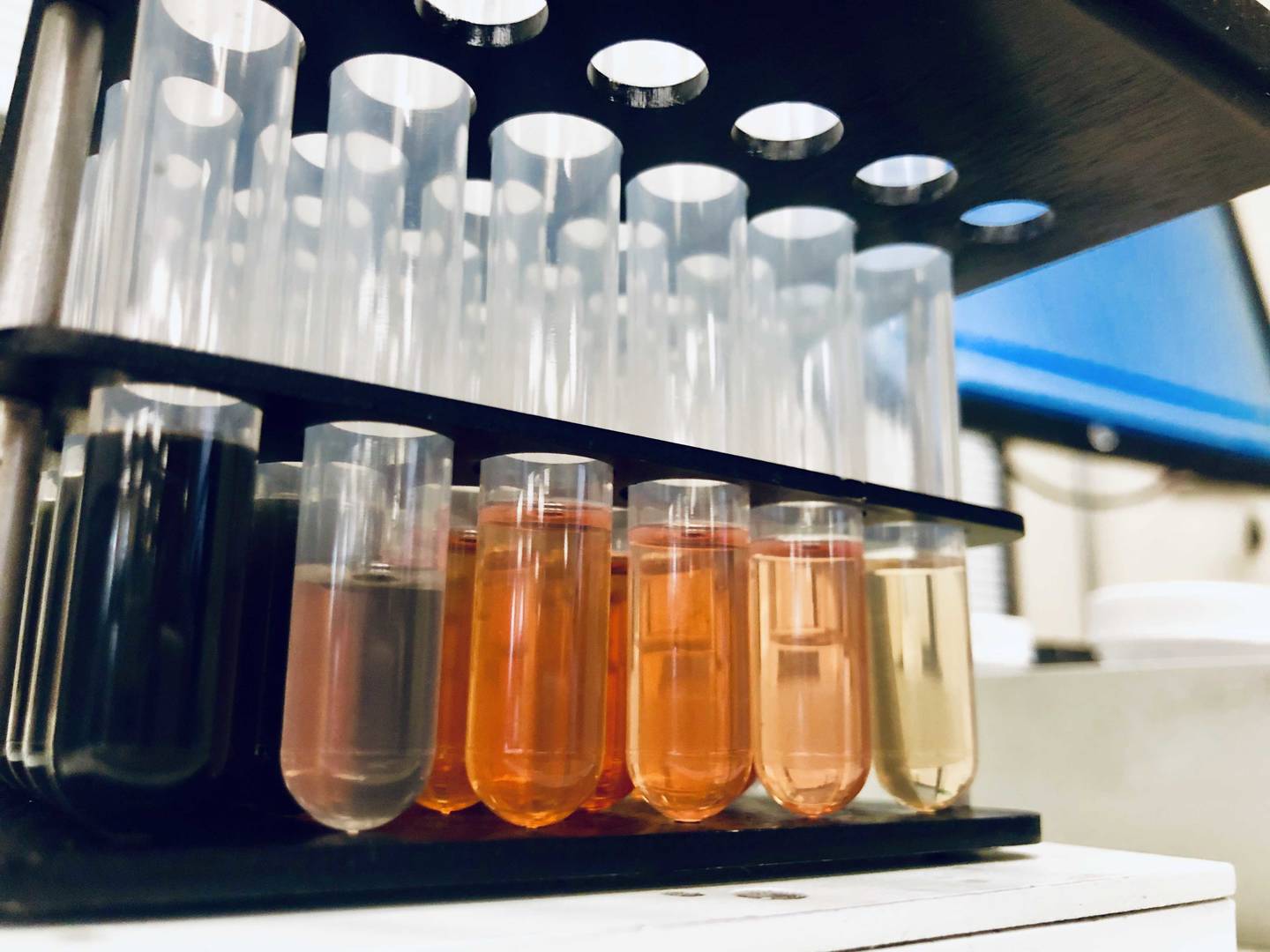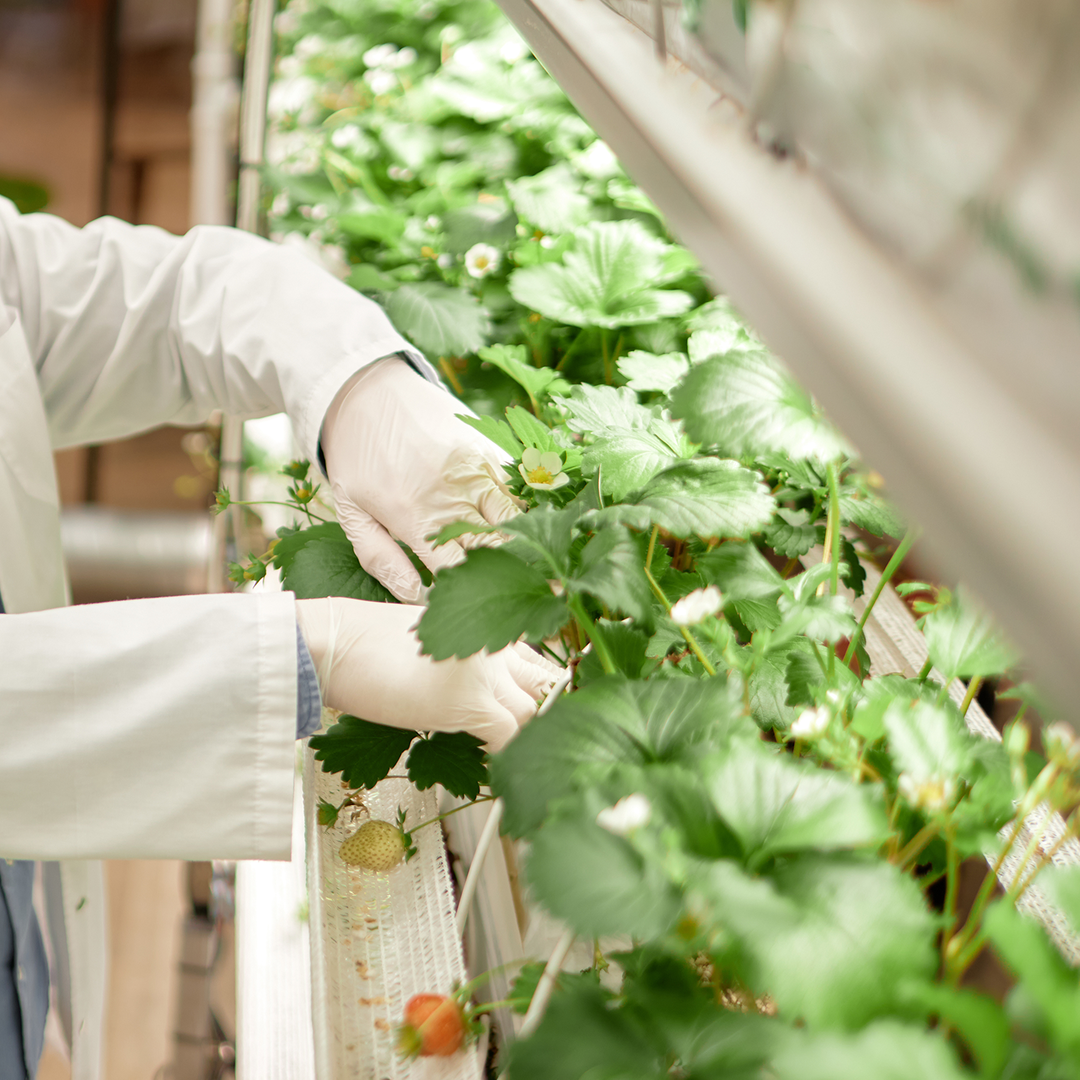FoodMail 1 United Kingdom Common Questions Answered; Allergens
Food allergens are usually harmless food components or constituents which induce an allergic reaction in a sensitised individual and involve the immune system. In our first UK FoodMail, our allergens team answers common queries about allergen testing.

What do I need to know about gluten testing?
Gluten is one of the most frequently requested tests we perform, but it’s not quite as straightforward as it might seem. ALS performs 2 different types of gluten testing: standard and competitive gluten tests. Both use test kits produced by an internationally trusted supplier, but they’re each designed for slightly different samples.
The standard gluten test works well for general use, from the testing of raw ingredients to finished products. However, when it comes to fermented products, that’s where competitive gluten testing shines.
When a product containing gluten undergoes fermentation, the gluten gets broken down (hydrolysed) into smaller fragments, which can be difficult to detect with the standard gluten test, but crucially these small fragments of gluten can still cause a reaction in gluten-sensitive individuals. The competitive gluten test has been designed specifically to accurately detect these smaller fragments.
If you are concerned that a fermented product may have been contaminated with an ingredient containing gluten before the fermentation step, then you should request the competitive gluten test.
If you are concerned, however, that a product may have been contaminated with something containing gluten after the fermentation step, for example during the bottling/packing process, then the standard gluten test is what you want.
For more information, please visit our website. If you have any additional questions about gluten allergen testing, we are happy to help answer any of your questions before starting the testing process.
Quantitative or qualitative?
For many of the tests we perform, there are 2 types of results, quantitative or qualitative, but what is the difference, and why might you want one of them over the other?
Quantitative results are results that give you an actual value, eg 9.5ppm gluten, 0.4mg/kg casein, and so forth. This is useful information if you know the specific limit of the amount of allergen presence you are testing for or you have a reference dose that you are checking to ensure your levels are lower than, but what if you only need to know whether or not the allergen is present?
Qualitative results are results in which the target is either there or it is not: for example, ‘cashew – detected’ or ‘celery – not detected’. If you only need to know whether any shrimp is present in your chicken pâté, then qualitative testing is the right choice for you.
|
Qualitative |
Quantitative |
|
Did any peanut mix get in my cashew and walnut mix? |
How much peanut mix got in my cashew and walnut mix? |
Which do I need to test for: BLG or casein?
With more and more products being produced to a vegan or a dairy-free standard, you may wonder: which do I need to test for, BLG or casein? And what is the difference?
Both BLG (beta-lactoglobulin) and casein are proteins found in whole milk, but once you consider milk separated into its different components used in food manufacturing, you can start to understand why you would want to test for one over the other.
If you are handling whey powders, for example, the most prevalent protein will be BLG.
On the other hand, if you are working with curds in the factory, you most likely will want to check for casein.
This does not mean that there is no BLG present in curds or casein in whey powders, but if you are checking the effectiveness of your cleaning process after using whey protein, BLG is by far the better testing choice.
If you are not sure, then please ask. We are happy to answer any questions to help you find the right testing option to avoid having to retest a sample.
ELISA or PCR?
When you consider allergen testing, one of the first questions that you will encounter is which type of testing is right for you: ELISA or PCR?
ELISA (Enzyme-Linked Immunosorbent Assay) is a protein-based testing method which uses antibodies to detect the presence (and usually amount) of a target protein. With this method, results are usually quantifiable and specific to a target protein (eg milk testing for BLG or casein).
PCR (Polymerise Chain Reaction) involves the amplification and identification of specific sequences of DNA to determine whether a target species is present. PCR is often used to target allergens that are animal-based such as mollusks or crustaceans, or to check for meat adulteration. PCR testing will usually provide a qualitative result that is very specific to the target species.
So, which type of testing is right for your need?
If you know the specific amount that you need to show your allergen level is below (eg ‘gluten present at <20ppm’, or ‘client requiring <0.5ppm casein’) then ELISA is the right testing method for you.
If you want to check for the simple presence or absence of an allergen (e.g. “Is there any crustacean in my potted mackerel?” or “Did the line get cleaned properly between the preparation of pork and chicken sausages?”) then PCR is the testing method for you.
Not all allergen tests can be conducted using either PCR or ELISA, so if you think you need either one, but are not sure if it is a test we offer, please get in touch, and we will be happy to discuss your options.
Get in touch with us
Our technical experts and customer services teams are here to discuss your allergen testing needs. Please contact us or email sales.uk@alsglobal.com.
Download as a PDF





















































